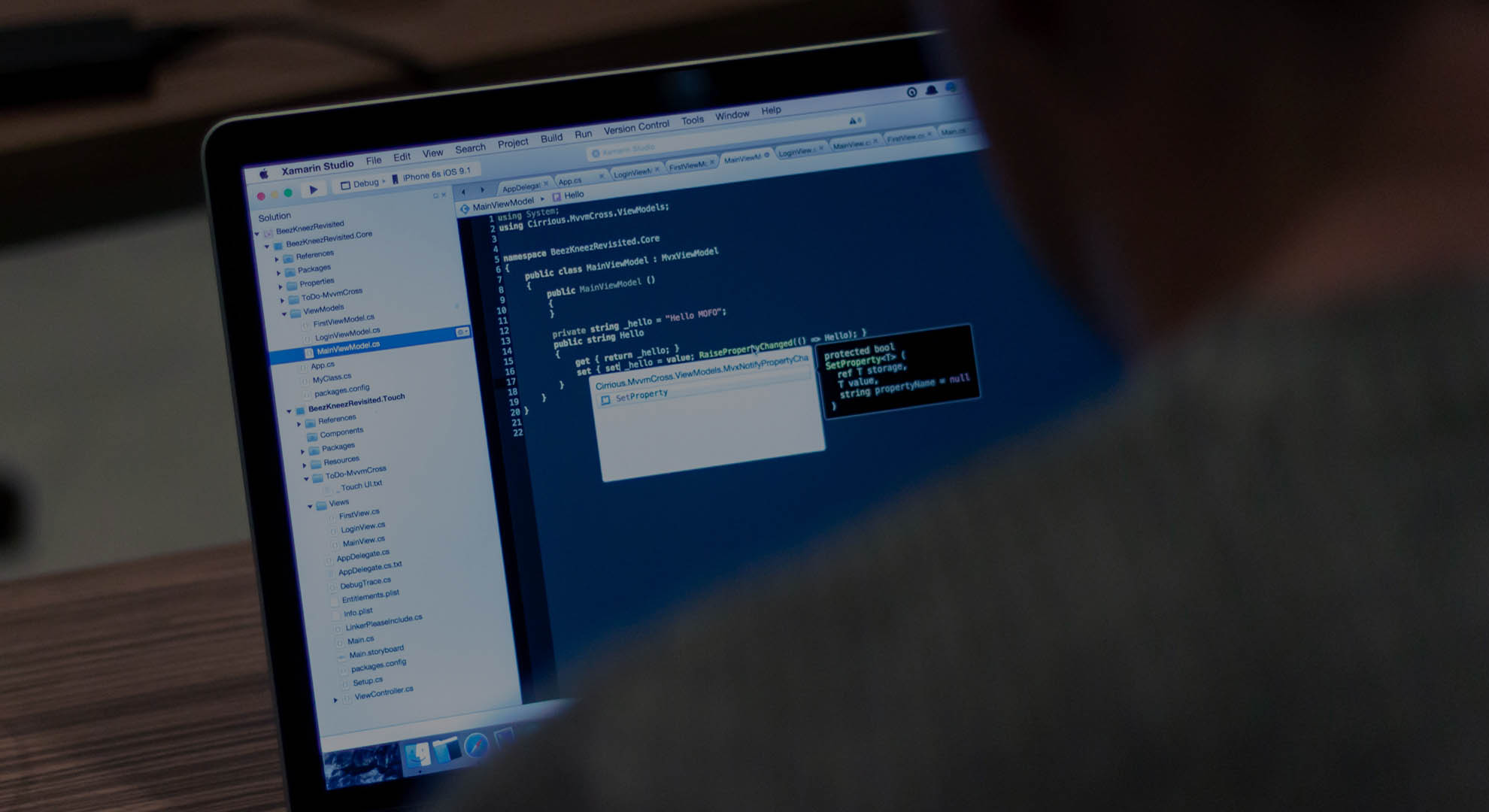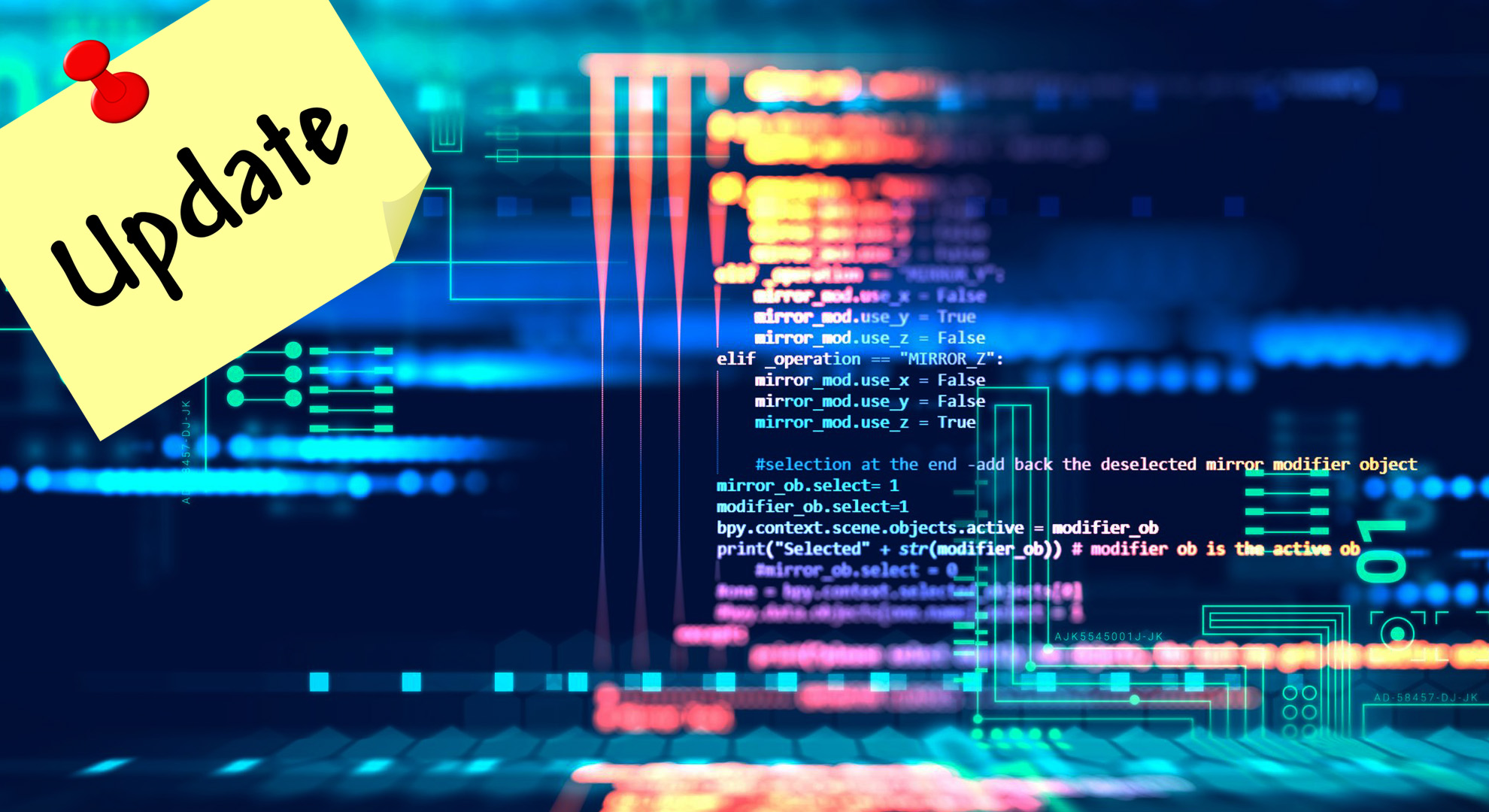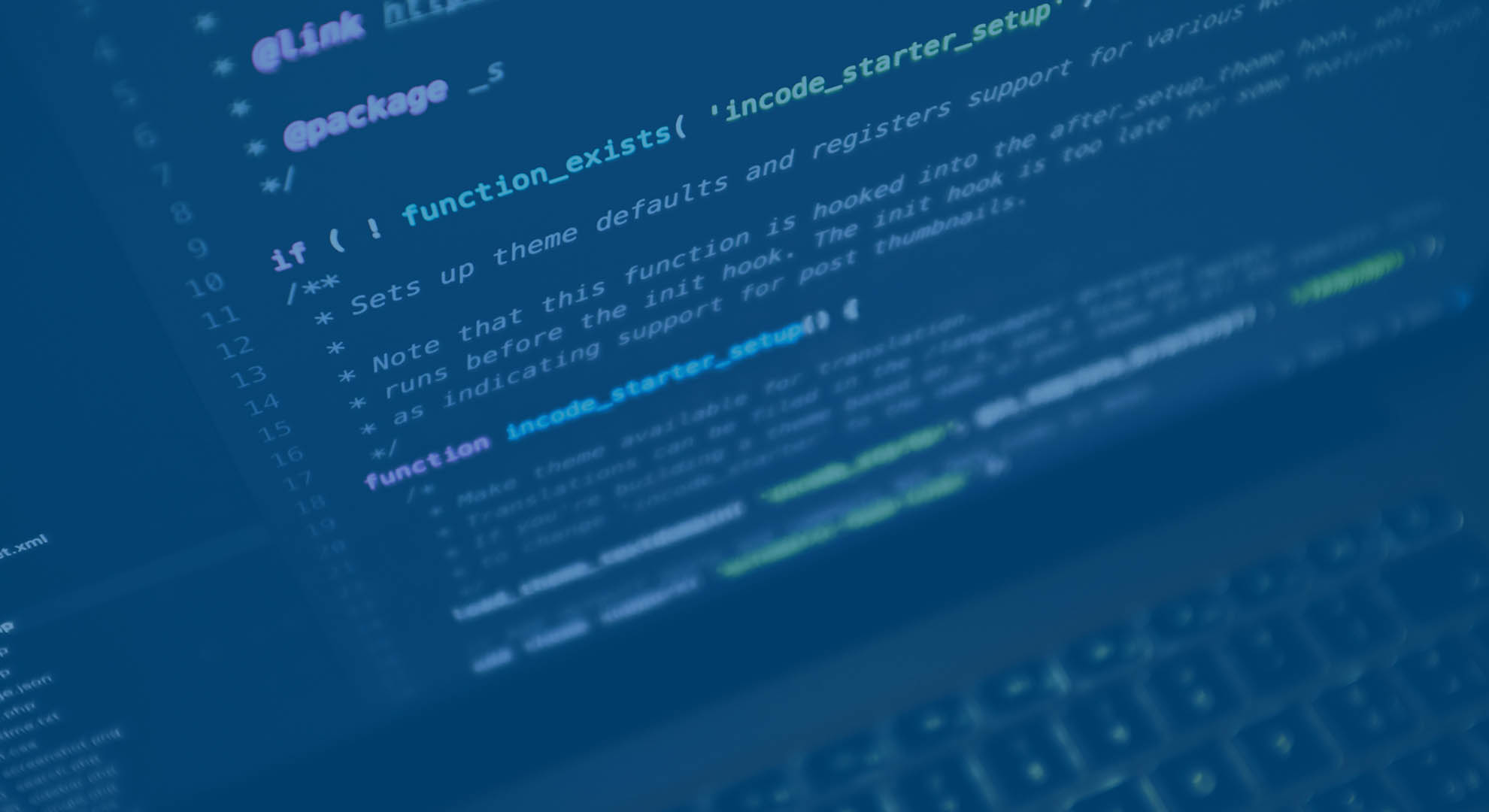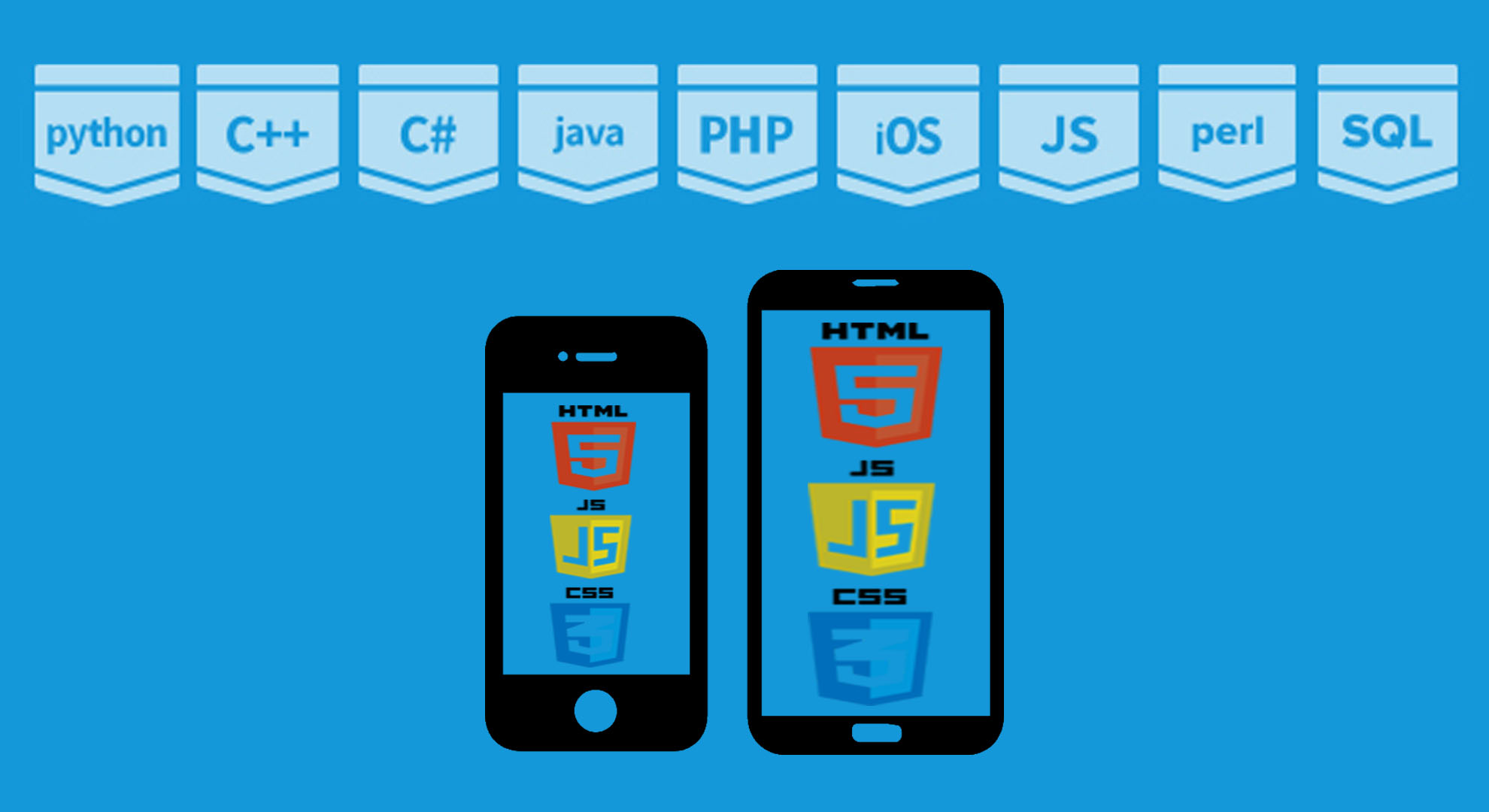A recent study indicates that 61 percent of big and small enterprises consider application modernization a real driver for success and, thus, concentrate on it.
Now the question arises; what makes remaining 39% of the companies reluctant to modernize apps? In other words, why do these companies fear app modernization?
Keeping this scenario in mind, we are listing down the reasons that stop enterprises from getting their legacy apps updated.
1. They Cause Interruption in the Existing Business Processes
This is one of the most imperative reasons why the companies are reluctant to modernize apps. Despite knowing a variety of benefits which complement the modernization process, they fear that such amendments will lead to negative results for their business.
A modernization project is occasionally seen as a probable danger that will have a destructive influence and will adversely disturb the business’ life-cycle. Furthermore, according to some people, it can also lead to transgressing otherwise operative systems. As a consequence, that will need more financial investment to fix the broken systems.
2. The Old Code Is Very Critical
There are a few heavily patched software developments, as they have established great assurance rates. Therefore, rewriting or converting previously applied logic into a different language is dreaded to cause numerous obstacles or disruptions in terms of running daily jobs in an error-free and smooth manner.
In fact, in some cases, the legacy system is reflected to be a treasure chest encompassing major investments in the form of resources, time and effort. Any additional changes and fine-tuning mean more investment is required. Besides at times, there is simply not sufficient time to go through all of them repeatedly.
3. Modern Languages Are Monolithic
Traditional programming languages like Pascal, Fortran, Plb, and COBOL occupy the legacy position. C++ perhaps also be out anytime soon. In spite of being outdated, they are still being used for the various reasons. Perhaps old languages are tick-tocking bullets, however, modern languages are colossal.
Companies circumvent concentrated execution of the later as they can be difficult to alter and lack the elasticity of their precursors. After all, the basic idea of app upgradation is not simply replacing long lines of effectual old code with long lines of not-as-efficient code just because it is new.
Related Post: 7 Programming Languages Developers Should Learn In 2018
4. Change In The Organizational and Cultural Ecosystem
A practical ecosystem of knowledgeable developers, of course, who know about the things they are doing and the way they are doing it. When such interdependence is disturbed, the entire organization risks losing its profit-delivering practices and productivity. App modernization is viewed as a change-driver that will inevitably quiver the balance in the whole organizational and cultural setting.
Now the question arises; why? Implementing new-fangled pivots and transferring to app modernization is anticipated to call for a different set of skills. In order to attain modern skills and get to grasps with the new techniques applied, companies will require to put away cash for preparations, whereas employees will have to donate an enormous share of their time to these pieces of training.
Logically and interestingly enough, small companies are more inclined to giving extra courses to workers than big companies for the reason that the number of people to be educated is minor. In addition to this, it does not promise to pieces of training is a bad thing. It is only that this kind of events needs time, which is considered as money.
5. Business is Put On Hold
Application modernization provides two steps forward but it also probably provides one step back. Between the requirements for modernizes and extended profits, numerous IT company owners might find their business processes on hold, when dealing with app upgradation.
Although this is very short-term, nevertheless still there are positive worries involved. Leaders are apprehensive of the probable stoppage or even profit loss up until all the upgradation stages are simplified and everyone gets familiar with the latest workflows and procedures.
6. App Modernization Is An Endless Cycle
Lastly, there is a question about never-ending cycle of app modernization. Speaking metaphorically, it takes more time in running with Nike Air Max 2016 to travel with the same speed as that of the newest technical developments. The day you succeed to advance a system, you will be astonished to find out that innovative characteristics and requirements have already seemed. This makes your system old fashioned once again.
Therefore, the procedure involved in modernizing your apps starts once again. Thus, it won’t be wrong to say that it goes round in the vicious cycle. Fortunately, modern Clouds have an uncluttered standard and are created upon not so limited virtualization stages such as VMware vSphere. This permits developers to alter the software more effortlessly, though keeping speed with the fast progressions in the IT world.




